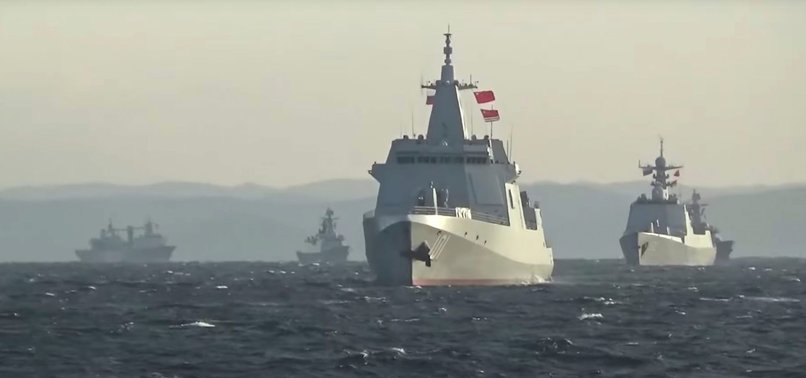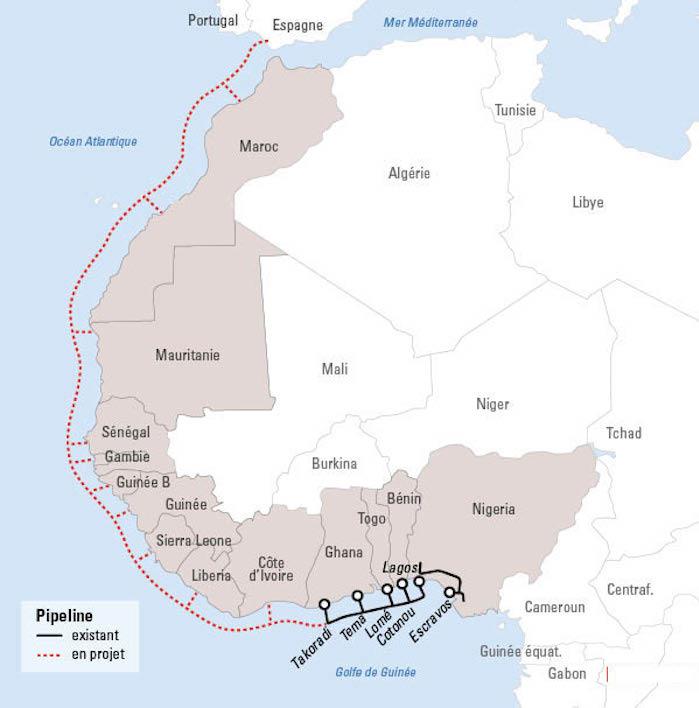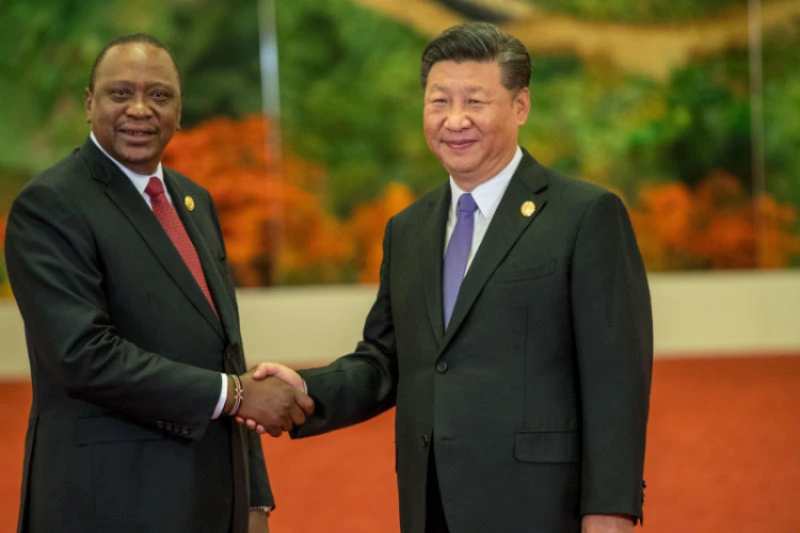A naval fleet of China’s People’s Liberation Army (PLA-N) arrived for a five-day visit in Nigeria on Sunday (2 July) for a rare visit by the Chinese military to Africa’s Atlantic coast, reinforcing speculation that the Gulf of Guinea could offer a base for Beijing.
As the destroyer Nanning and an accompanying frigate, long with a supply ship, arrived off the port of Lagos, the Chinese ambassador to Nigeria hailed the visit as a milestone in ties, and the Nigerian navy expressed willingness to work with China to tackle maritime security threats and maintain stability in the Gulf of Guinea, according to a Chinese embassy’s statement on Monday (3 July). The arrival of the Chinese naval fleet in the oil-rich West African country comes amid speculation that Beijing has long made efforts to grow its influence in the strategically important region.
Over the last three decades, China has widened its influence in almost every African nation through investment, trade and loans. In 2016, the cash-strapped island nation of Sao Tome and Principe was ‘lured by Beijing’s dollar diplomacy’ to switch diplomatic ties from Taiwan to China, and Angola and Nigeria are among China’s top oil suppliers. Major Chinese oil explorer CNOOC Ltd also engages in deep-sea production off the coast of Nigeria. In January, Nigeria opened a billion-dollar Chinese-built deep seaport in Lagos, one of the region’s biggest. There has also been speculation the Gulf of Guinea could offer a base for China’s military.
The Gulf of Guinea has been described by the International Maritime Bureau (IMB) as one of the world’s most dangerous and important shipping routes because, as of 2022, 43% of all reported piracy incidents occurred in this region. Although piracy cases have been on the decline since 2021 due to cooperation among countries in the region and deployments of foreign naval ships, the IMB Piracy Reporting Centre emphasizes that the Gulf of Guinea waters still remain the world’s hotspot for maritime piracy.



